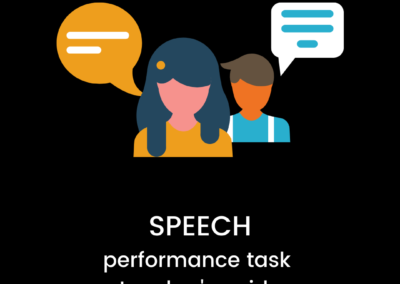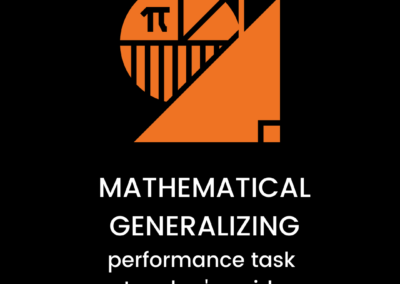
Description
Socratic Seminars introduce students to collaborative intellectual discussion through which they explore the ideas, evidence base, and issues raised in a text. While in the inner circle, students use inductive reasoning and questioning to deepen their understanding. In the outer circle, students focus on the craft and structure of the seminar. Both roles position students to practice critical thinking, careful listening, and the discipline of grounding points of view in evidence while keeping an open mind to the perspectives and reasoning of others. In college classrooms, students will be expected to engage in text-based discussions, use evidence to support their claims, and both challenge and build upon the ideas of others. In workplace settings, evidence-based thinking and discussion are key to effective problem solving and decision-making.
Opportunities for Student Choice
Participation in Socratic Seminars allows students to organically choose topics of discussion and formulate their own questions based on interest, readiness, and content. Furthermore, preparation for the seminar requires that students closely read texts that are self-selected or chosen by the teacher.
Authentic Task
Socratic Seminars closely parallel the conversation that occurs around kitchen tables, in college classrooms, and at many workplaces. Gathering together to discuss and to learn is a key part of social, academic, and professional life. Families, friends, classmates, and colleagues frequently come together to share ideas in an effort to solve problems. Active participation in a Socratic Seminar involves deliberate practice and honing of critical thinking and speaking skills needed in the 21st century workforce: the ability to decide what to believe and what not to believe based on an evidence-based thinking process that values questions rather than answers; effective communication cultivated by listening with intent and speaking with purpose; and the development of new ideas through a synthesis of presented information. In short, the premier attribute of a 21st century thinker amidst the deluge of digital information remains the skill of how to think, not what to think, about a topic.
Opportunities for Exhibition to an Audience
While the Socratic Seminar may be different from most student performance tasks, opportunities for exhibition still exist. Students can invite members of other classes or the community to participate in the Seminar, in either the inner circle as a co-collaborator, or in the outer circle as one who will give feedback. Seminars can be presented to other classes undertaking study of the same or similar texts and subjects. Students can record, edit, and post Seminars to YouTube or other video-sharing sites. Students can also write reflective pieces about their Socratic Seminar experience that can be shared as any other piece of writing would be.
Grade Level Exemplars/Models
Formative Tasks















